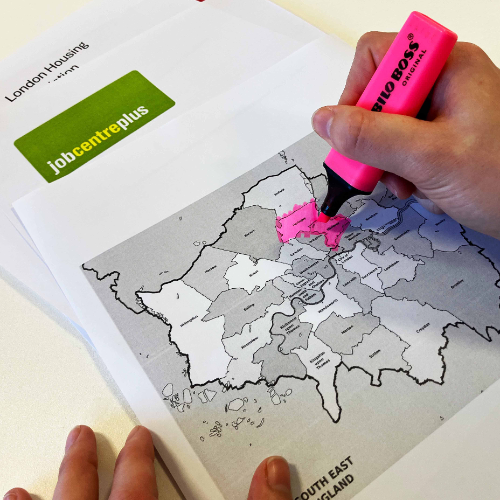Metropolitan Police gangs matrix
“Ignoring people’s fundamental data rights erodes trust and confidence, which risks alienating the communities the Met serves. Building trust with communities to tackle gang crime comes from people knowing that engaging with the police will not have adverse consequences. Knowing that their personal information will not be shared unnecessarily, knowing that their chances of getting housing or a job will not be damaged, and knowing that they won’t be discriminated against, simply because they’ve been included in the Matrix.”
Elizabeth Denham, former Information Commissioner 2016-2021.
 Data protection ensures law enforcement has the powers to investigate crime and keep us safe. But people still have rights around how their information is used, and when that information is misused, it can damage people’s trust in the police.
Data protection ensures law enforcement has the powers to investigate crime and keep us safe. But people still have rights around how their information is used, and when that information is misused, it can damage people’s trust in the police.
That is why the Information Commissioner’s Office investigated the Metropolitan Police Service's Gangs Matrix, a database that recorded intelligence related to alleged gang members, in 2018.
The ICO found that, while there was a valid purpose for the database - to tackle violent gang crime - the way it was being used across London was unlawful: it didn’t properly distinguish between victims of crime and offenders and was being shared more widely than was needed. This had the potential to cause distress to a disproportionate number of young black men.
Following the ICO’s investigation, the Met Police removed hundreds of young people from the database. They eventually discontinued it entirely as they reviewed the way they identify people who are involved, or at risk of becoming involved, with violent crime.